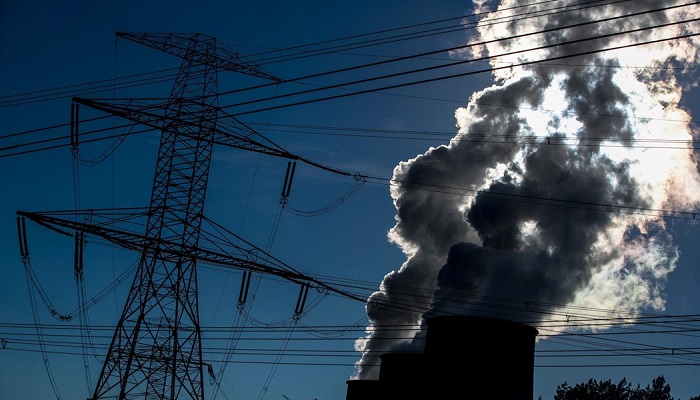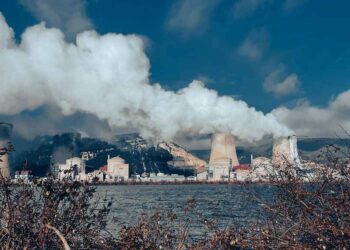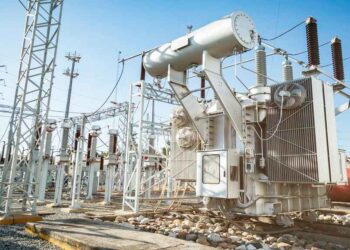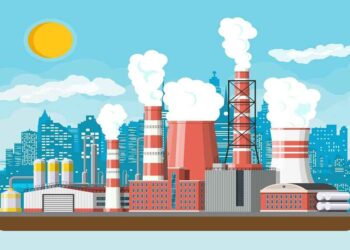In all likelihood, European Union governments must amp up their efforts so as to meet the bloc’s binding goal of lessening emissions by a minimum of 55% this decade by speeding up the phase-out of fossil fuels and, at the same time, boosting their competitiveness when it comes to the clean energy sector across the region.
Present measures within the energy and climate plans that happened to be drafted by the EU states will go on to lead to a 51% cut when it comes to greenhouse gases, with members falling behind on renewables rollout and energy savings, as per an assessment published by the European Commission recently. The 2030 objective happens to be a part of the EU’s ambitious strategy so as to lead the worldwide fight against climate change along with zero emissions by the middle of the century.
According to Wopke Hoekstra, the EU Climate Commissioner, it is clear that they require stronger commitments when it comes to the final plans to put them robustly on the right track when it comes to climate neutrality, come up with a stronger resilience to climate impacts, and also capitalize on the enormous growth that comes from the climate as well as the energy shift.
Apparently, the EU’s unprecedented clean transition comes as the 27-nation bloc happens to be grappling with an energy crisis due to a cut in Russian gas supplies amid its invasion of Ukraine. Also, rising competition from the US as well as China is putting clean energy value chains throughout Europe under immense pressure, prompting calls from businesses for further investments.
The evaluation when it comes to 21 national plans went on to show that the current measures would enhance the share of renewables across Europe’s energy mix in the range of 38.6% and 39.3%, which is again short of the 42.5% goal. They would also go on to elevate the energy savings by 5.8% vis-à-vis the 11.7% target. The report does not talk about Austria, Bulgaria, and Poland, who have not submitted their plans yet, and Belgium, Ireland, and Latvia, whose drafts went on to be received just recently and hence shall be assessed in early 2024.
The commission also went on to urge the member states to do more so as to phase out fossil fuels in energy generation and, at the same time, give up on subsidies for dirty energy sources across sectors like transport. It also urged the governments to boost their plans when it comes to diversifying their energy supplies.
Although the share of Russian gas across EU imports fell to 15% throughout the first 10 months of this year from around 45% in 2021, only some countries went on to offer detailed plans in terms of access to other gas or low-carbon energy sources.
As per the commission, going forward, the demand side pertaining to the electricity sector as well as energy storage happens to be insufficiently covered despite the rising significance of flexibility. There are a few member states that have set out how they look forward to the gradual dip in oil use as well as its implications for energy security and oil infrastructure.







































